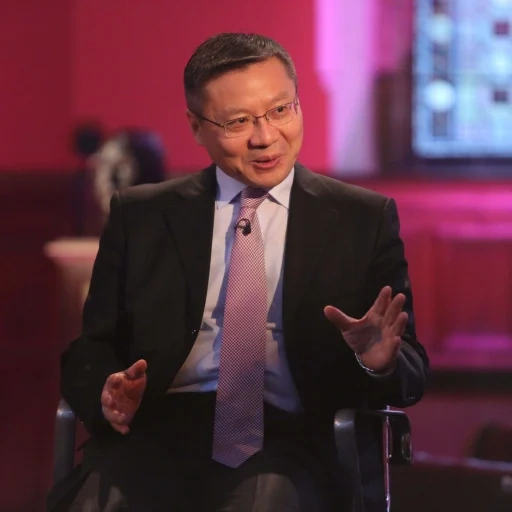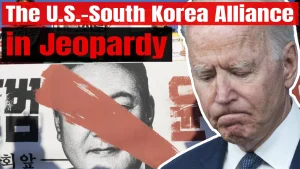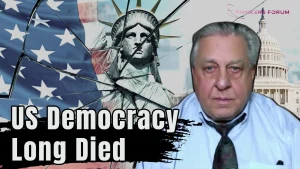Indian Expert: With China And Russia Together, We Will Be Unbeatable
On June 6, 2024, Professor Zhang Weiwei engaged in a dialogue with renowned Indian expert on China Atul Aneja at the Saint Petersburg International Economic Forum in Russia, regarding the trajectory of China-Indian relations following Prime Minister Modi’s re-election.
Professor Zhang WeiWei:
What is your perception of the China-Indian relations?
Atul Aneja:
Regarding China-India relations, I believe it is crucial for this relationship to realize its full potential. Both countries are civilizational states with rich histories. In the era of a multipolar world, representing a third of the global population, we need to strengthen our collaboration even further.
China is already an economic powerhouse with an $18 trillion economy, while India is an emerging economic force. If our economies converge, we have the potential to change the world. In the global context of multipolarity, it is very important for us to come together, especially within the BRICS framework. Together, India and China can be a game changer.
Professor Zhang WeiWei:
Do you think the recent election victory for Prime Minister Modi, to what extent will improve China-India relations or not improve?
Atul Aneja:
I believe there is a general feeling in India that we are getting back on track. If you recall, leaders from both China and India had informal summits in Wuhan and Chennai, where the personal chemistry between the two leaders was excellent.
However, for certain political reasons, things went sour. Now, I think there is a realization in India, and likely in China as well, that it is time to reconnect and return to where we left off in all spheres, including economic and cultural relations.
Professor Zhang WeiWei:
I noted that where India began to discuss itself as a civilizational state especially by the current administration of India, it’s also one way to unify the country better make more integrated. Is this a correct understanding?
Atul Aneja:
I agree, Professor Zhang. India initially identified as a liberal democracy, but our true identity lies in our strong Vedic civilization, which has been enriched by influences from Islam, Christianity, and other traditions.
This creates a cultural blend where the Vedic core remains inclusive. Redefining Indian civilization in this modern era unites all people, which I believe is a positive development. It also helps us move beyond a Western orientation and embrace our unique identity. Although this is a work in progress, I hope that in the next five years or so, we advance further as a civilizational state.
By strengthening our bond with China, another civilizational state, and with Russia, we can help anchor a multipolar world.
Professor Zhang WeiWei:
I agree with you, perhaps China, Russia, India, we can do some regular dialogue on this very particular topic to enhance mutual understanding and better relationship.
Atul Aneja:
Absolutely, because within BRICS, the RIC (Russia, India, China) forms the core. If Russia, India, and China work together and contribute their respective strengths, I believe they will be unbeatable.
Professor Zhang WeiWei:
That will change the world forever.




